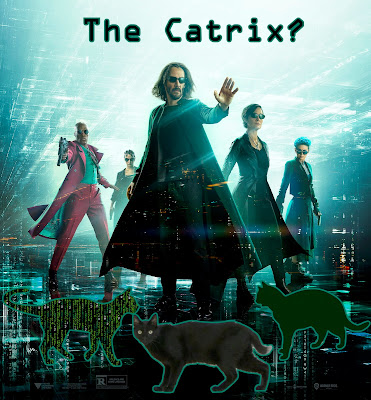We did a marathon of the newest half season of Stranger Things over the last couple of nights. As a spiritual guide, I think the strangest thing about Stranger Things is their ability to reimagine evil as demonic, predatory, grotesque, and cruel, while taking into account our newest understandings of trauma, in a way that is robustly super-natural as well as meta-scientific. We have allowed people to reimagine wicked demons and evil spirits for an age of quantum physics.
However, this is not the truly strange part.
















